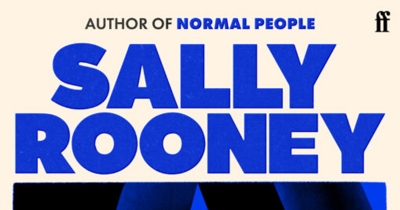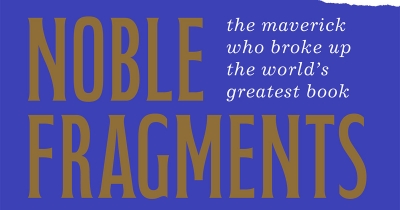Readers who loved James Rebanks’s autobiographical The Shepherd’s Life: A tale of the Lake District (2015) – a bestseller at home and abroad, translated into sixteen languages, and winner of numerous prizes – will welcome this new work. His first book tells the story of a recalcitrant youth who wants nothing more than to leave school early to work on his parents’ and grandparents’ farm. Eventually, he resumes his studies, which take him to Oxford, and begins his richly evocative account of his life as a Lake District shepherd. What magnifies and deepens this apparently simple narrative and surely accounts for its universal imaginative appeal is that the work he describes is the continuation of a tradition going back more than a thousand years. Against the backdrop of the Cumbrian massif, daily human and animal preoccupations, hardships, and rewards – subject as they are to season, weather, and geography – have changed little since the last Ice Age retreated. In 2017, the Lake District was given World Heritage status, in part for its continuous agro-pastoral traditions.
...
(read more)










